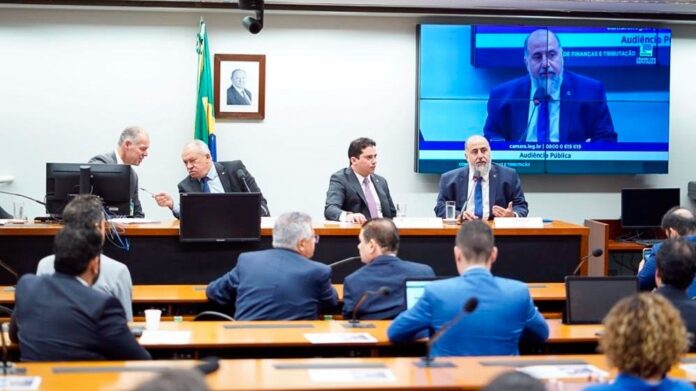According to GMB, the public hearing to discuss the regulation of sports betting in Brazil took place on Wednesday morning, April 12.
The meeting did not provide any major news, as the media had already anticipated issues such as sponsorship of clubs, taxation of operators and bettors, and deadlines for the completion of the work.
José Francisco Manssur, a special advisor to the Executive Secretariat of the Ministry of Finance, confirmed that the Provisional Measure (MP) being prepared by the Government to regulate the sector will also establish a tax of BRL30 million ($6.08 million) for these companies to operate in the country.
The measure will also require these companies to be headquartered in Brazil and meet a minimum capital requirement to receive accreditation.
The text is expected to be published upon the return of the Minister of Finance, Fernando Haddad, who is in China until next week.
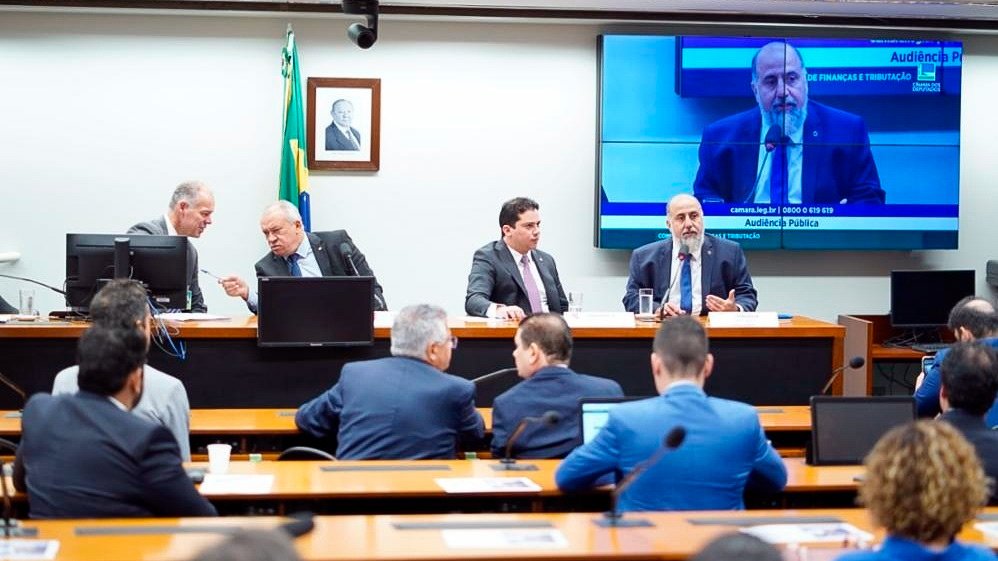
“The operator that is not accredited in Brazil as of the deadline conferred by the MP will be, by offering bets to the final consumer, practicing an illegal activity’, he stated, pointing out that non-accredited companies will be forbidden to advertise in Brazil.
The 15% tax will be applied to the ‘gross gaming revenues,’ that is, the revenues obtained from all games played minus the prizes paid to the players.
The percentage is the same as that managed by other international jurisdictions, such as the United Kingdom, which has a mature market with a high level of formalization, Manssur said.
According to Manssur, the government will also maintain the collections defined by the law approved by Congress in 2018 but which have not yet been implemented.
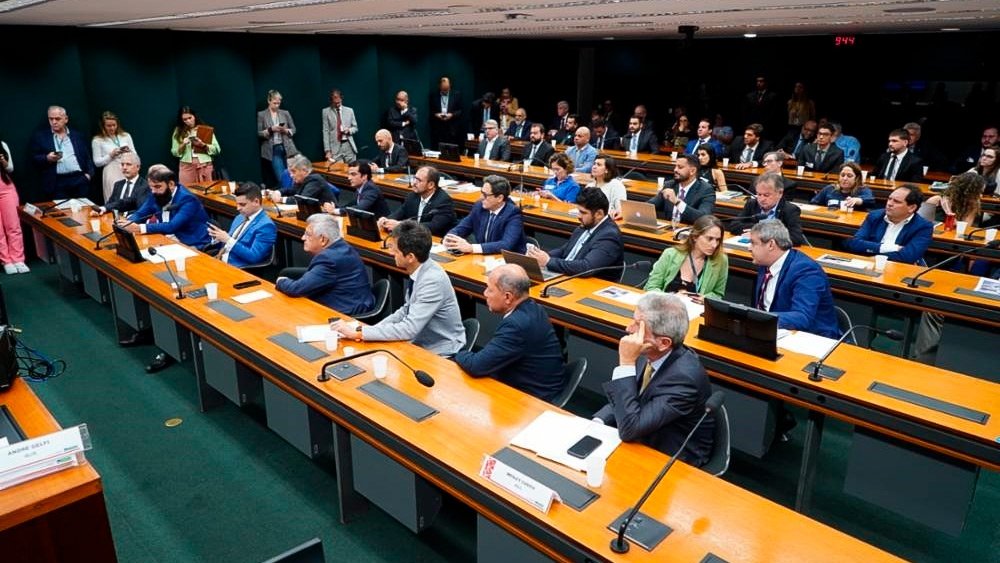
There will be a transfer of 0.82% of the net proceeds to education programs and 2.55% to the National Public Safety Fund.
A portion of 1.63% will be disbursed as consideration to clubs and athletes who assign trademark and naming rights to these platforms. Corporate income tax, PIS/Cofins, and social contributions will also be levied on the activities of these companies.
For bettors, the tax on winnings is 30% of the income tax, excluding the value corresponding to the exemption range that currently exists in the tax.
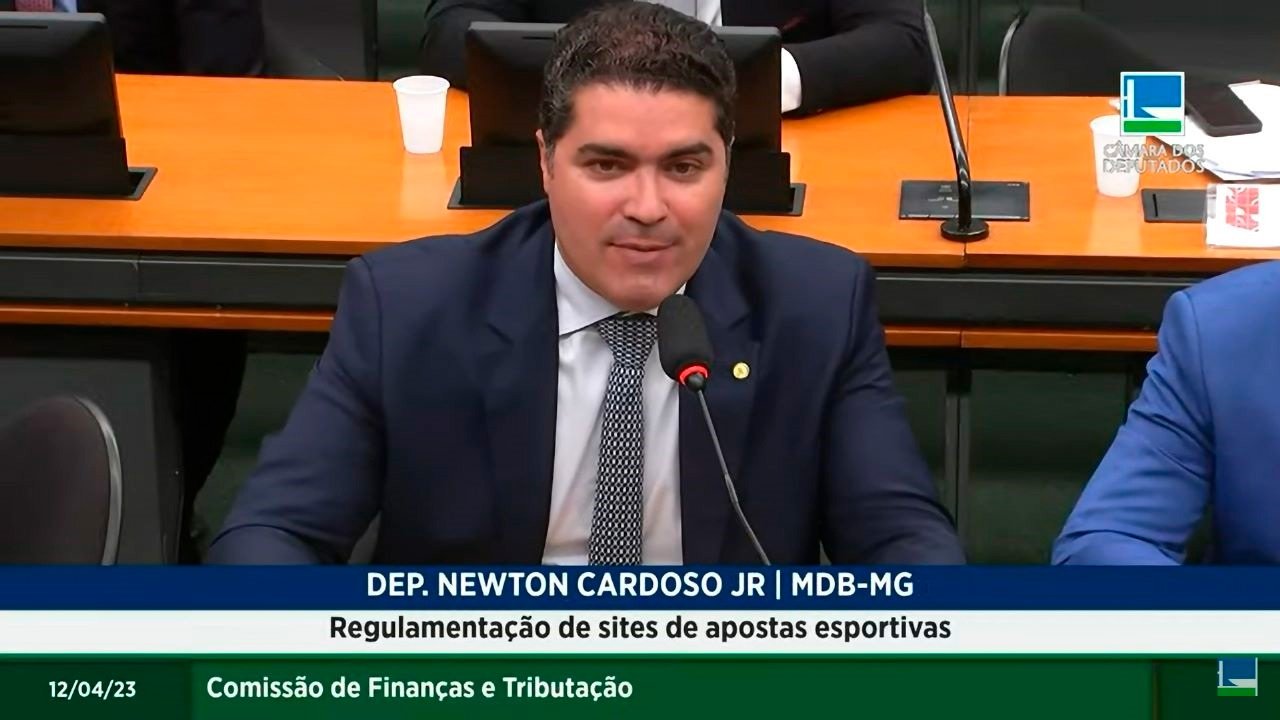
According to the special advisor, this regulation should allow more than 70% of the winnings from sports betting to be exempted from tax.
Manssur pointed out that the Government will also work to control fraud and manipulation of results, in addition to promoting initiatives to value responsible gambling and combat compulsive gambling. ‘We want to collect, but also supervise, avoid negative externalities, which are happening today and the Government has no means to prevent,’ he said.
As GMB’s coverage points out, the advisor said at the beginning of his presentation that ‘since the Government transition period, the need for a regulation was detected and we were commissioned to study the issue; and we came to the conclusion that a Provisional Measure would be the most appropriate model for the proposed regulation, and this happens to involve the Parliament in the discussions.’
According to Manssur, “with the approval, the MP will empower the Ministry of Finance to issue specific ordinances, including one on the tax rate. Operators have always been open to contribute and have even contributed with practices adopted for responsible gaming and mechanisms to combat the manipulation of results since bookmakers are also victims of this practice,” he commented.
In addition, Manssur made it clear that the body’s goal is for all operators to enter the regulated market, following the example of what happened in the UK. “We looked for best practices and detected that the ideal tax model is that of the UK, where taxation is 15% on the GGR, which has ensured that 87% of players continue to operate in that market.”
Once again, the Treasury advisor made it clear that those who are not accredited after the approval of the Chamber of Deputies will not be able to sponsor teams or advertise in any way. “Only operators who are accredited by paying a concession fee, a minimum share capital, and proof of being established in Brazil will be legal,” he decreed.
He also said that the MP will regulate sports betting and that casino games will not be allowed, leaving it up to the National Congress to finalize discussions on the legalization of other games.
Safety of players and fight against illegal gambling
In his speech, Wesley Cardia, CEO of the National Association of Games and Lotteries (ANJL), underlined that the entity “fights against illegal gambling. It is important to regulate so that illegal gambling is eradicated from the market. In addition, we are committed to responsible gambling, and we fight against the manipulation of results,” he said.
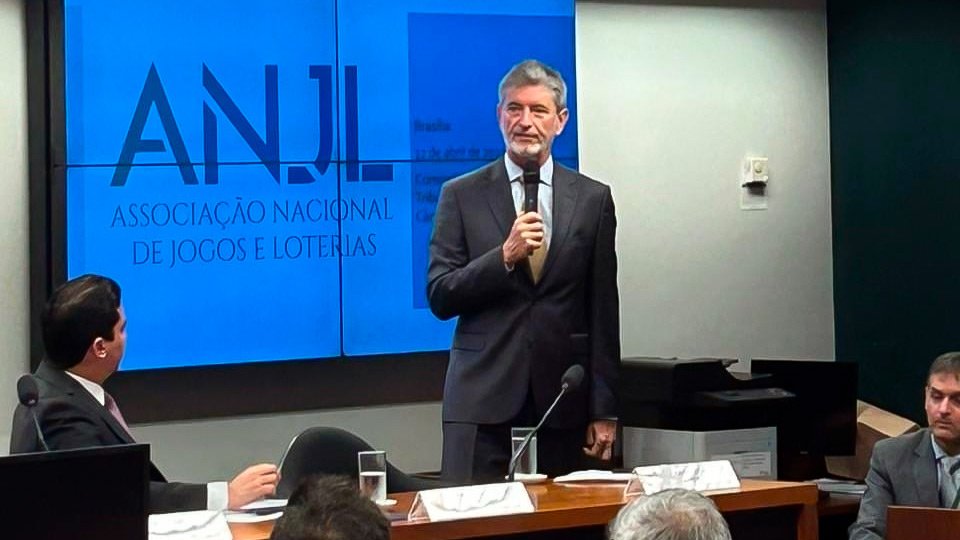
According to Cardia, “Portugal and France made a mistake in defining taxation, and many operators are in the gray market, while the UK, with proper taxation, drove practically all operators to the legal market. This is what we also want for the Brazilian market,” he said.
André Gelfi, president of the Brazilian Institute of Responsible Gaming, made a quick presentation of the entity and said that “it is important that the market is regulated, to offer security to the bettor and the certainty that he/she is in a reliable site regulated by the Government.”
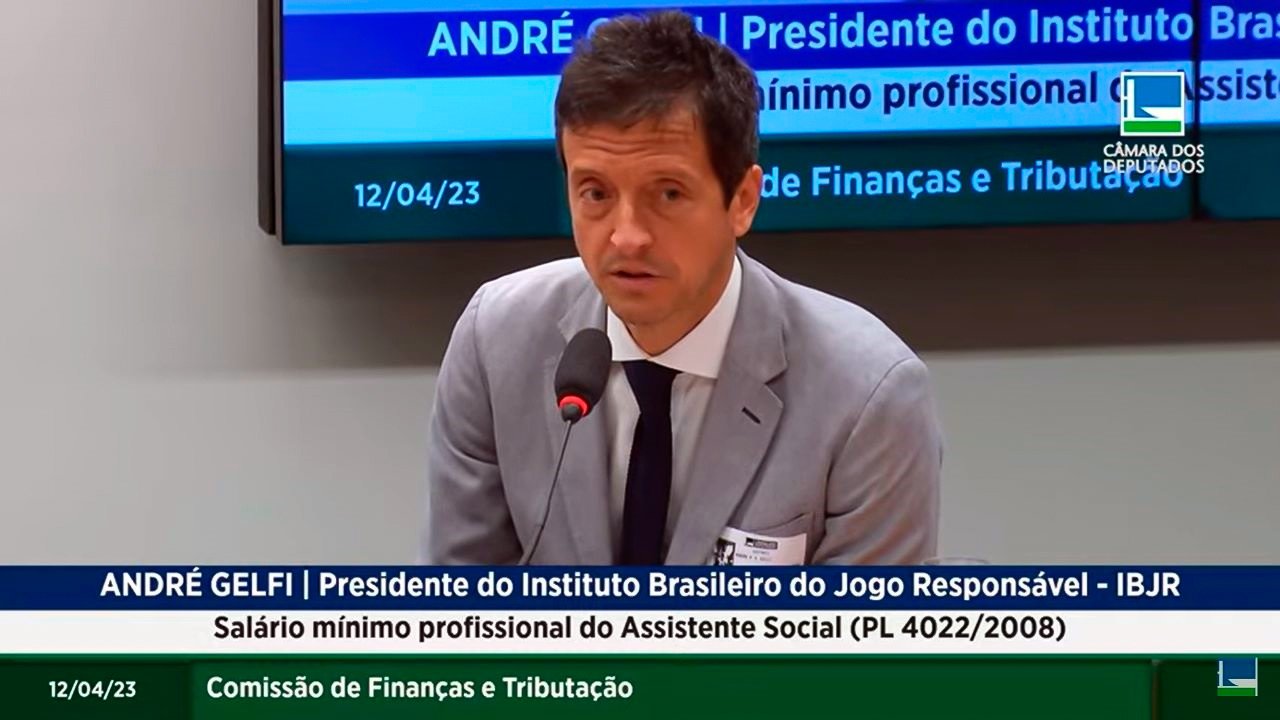
Márcio Malta, CEO of Sorte Online, defended the regulation and highlighted that although it does not operate in sports betting, the company, a lottery betting intermediary, has distributed more than BRL210 million ($42.6 million) and contributed more than BRL220 million ($44.6 million) in taxes to the government. “Therefore, we understand that sports betting should also be regulated to generate more value for the state immediately.”
Lawyer Roberto Brasil Fernandes commented that “sports betting is a lottery modality provided for by law. There are many reasons for regulation, among them economic, social, public health, and safety, which is the soul and what distinguishes the lottery from gambling since the activity contributes strongly to these areas.”
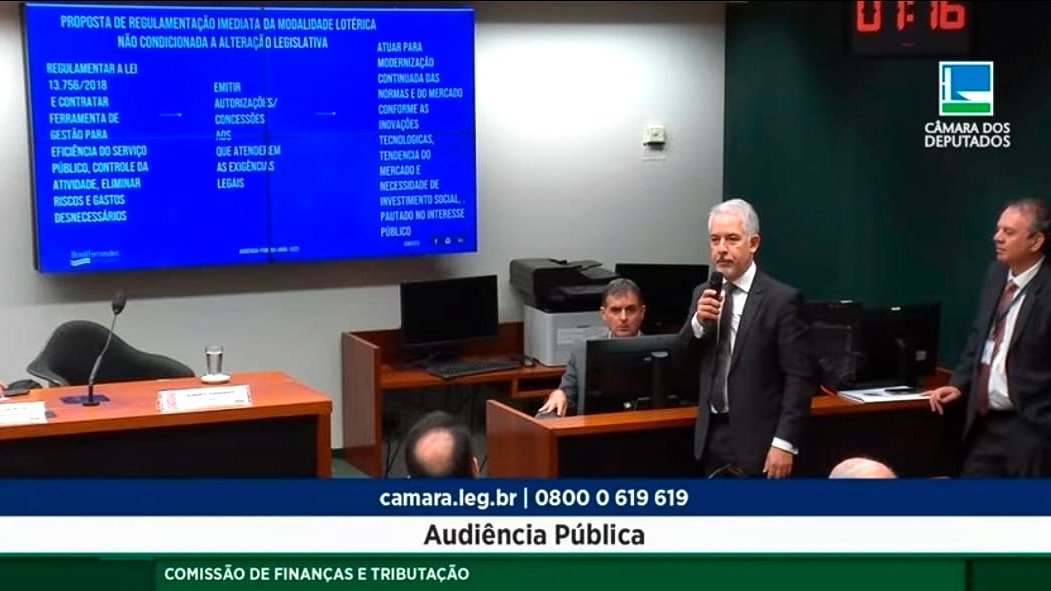
He was blunt in defending the regulation of Law 13.756/18: “Let’s not miss the opportunity to do it for direct benefits to society. Every month we do not regulate, we lose between 500 and 1 billion reais ($101.4 million to $202.8 million).”
Ricardo Santos, the representative of sports bettors, said he defended more than 10 million bettors “who are upset with the way the regulation has been carried out. All the money in the sector is in our hands, as it is the bettors who put money into the sector. If they are taxed on the stake won, it will be a shot in the foot, and it will go offshore. We want regulation, and we are available to talk about it. And taxation should be on the profit and not on the bet won,” he said.
Lotteries want in
Aldemar Benvindo, Febralot’s representative, mentioned that the entity represents 13,500 companies present in more than 5,000 Brazilian municipalities. “It is a representative segment, and last year we sold BRL22.5 billion ($4.5 million) in lotteries alone, of which 48% of the resources went to the Treasury for social application. We need to have our physical stores, and the online world is there, and we want to enter this context.”
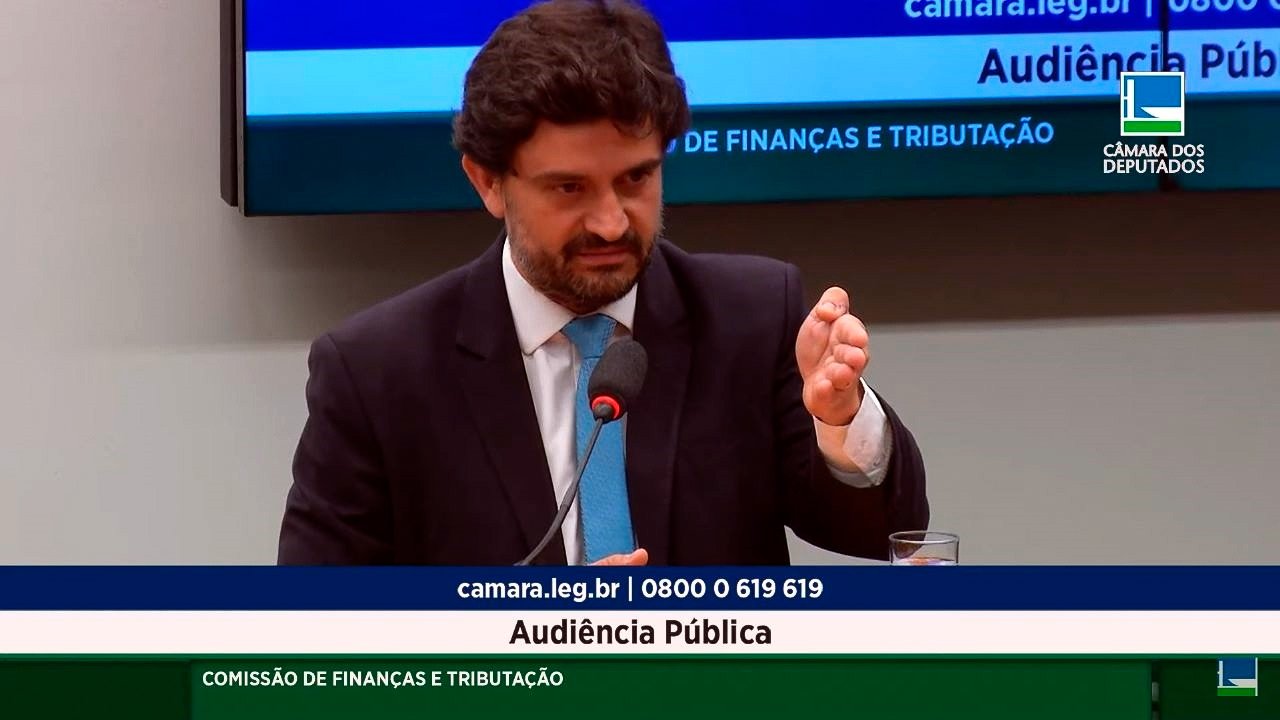
Giovani Rocco, from the Association for the Defense of Gaming and Gambling, defended the protection of small Brazilian operators and entrepreneurs “so that they are included in the process. Otherwise, the expectation of income will not materialize.”
In answering the various questions, especially from the deputies present at the hearing, Manssur made it clear that “we will not innovate on what was defined in Law 13756 and the 30% tax on the betting profit will be maintained,” reinforcing that only companies that meet all the requirements will be able to operate.
“To guarantee legal operation, companies will have to be installed in Brazil and have paid the license fee. They will not be able to advertise or sponsor if they do not comply with all the requirements that will be defined by the Provisional Measure and the ordinances to come,” he said.
Expanded framework
He also said that the current framework of the Ministry of Finance can only work in the MP and that the body is advocating for an increase in it. “We want to create a robust framework to cope with what will come after the passing of the Provisional Measure.”
He highlighted that all systems to be implemented will certify the means of payment through the Central Bank, as well as address the issue of manipulation of results and the implementation of responsible gaming policies. In addition, there will be a monitoring mechanism for the Secretariat of Federal Revenues to follow the flow of information on bettors, amounts wagered, and data on the platforms.
Manssur took the opportunity to confirm the launch of Lotex. He also said that Caixa will participate, leaving the marketing to people with disabilities, “as we see in other jurisdictions, with emphasis on Spain.”
The urgency of the regulation of sports betting, according to him, does not come only from the Ministry of Finance itself and from the operators. “The Court of Auditors of the Union and the Public Prosecutor’s Office is asking us for urgent regulation because of the non-collection of taxes from the activity.”
Original article: https://www.yogonet.com/international/news/2023/04/18/66857-brazil-39s-goverment-confirms-15-tax-on-sports-betting-ggr









